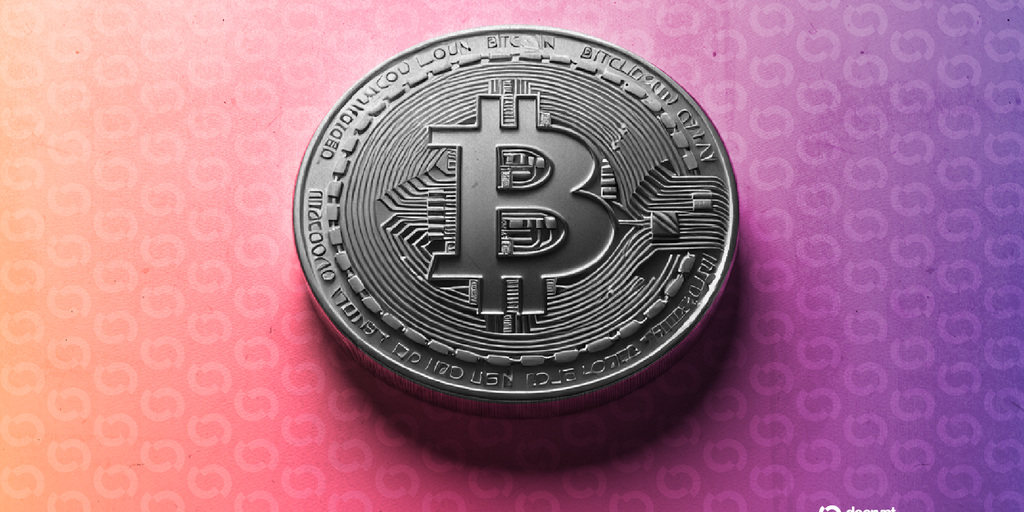Bitcoin‘s implied volatility has collapsed to its lowest level in a year as tension between the U.S. and China appear to settle after a new round of negotiations began on Monday at Lancaster House in London.
The trade talks are projected to run up to at least two days, with the prospect of resuming progress from negotiations in Geneva last month which began to ease tension between the two nations. Bitcoin, meanwhile, has stayed above the $100,000 range, going up 4.5 over the month, with its price hovering around $108,000 level at press time.
These trade and economic tensions have "have produced knee-jerk reactions," though they have also "been insufficient to trigger a directional breakout," on Bitcoin and the broader crypto market, according to a Monday market note from QCP Capital.
Bitcoin volatility goes low
As the trade talks resume, Bitcoin‘s implied volatility, a measure that estimates how much of its price might move in the future based on options prices, has dwelled at "1-year lows" and "appear optically cheap," while realized volatility remains much lower, wrote QCP in its note.
The timing isn‘t coincidental.
As Washington and Beijing clash over trade policy, Bitcoin appeal as a neutral reserve asset has grown. But that has still left the BTC price range-bound as different investor groups position for opposing scenarios.
"Bitcoin has proven its value as a decentralized, stateless asset. One that sits outside the control of any single government or bloc," Jakob Kronbichler, CEO & co-founder of decentralized marketplace Clearpool, told Decrypt. "That neutrality is what gives it long-term appeal, especially for countries or institutions navigating between the U.S. and China."
As a "neutral reserve asset for countries navigating U.S.-China tensions," Bitcoin‘s decentralized design offers "a hedge against currency weaponization and geopolitical volatility," Dominick John, an analyst at crypto market maker and quantitative trading firm Kronos Research, told Decrypt.
But while these qualities appeal to countries "caught in the crossfire," Bitcoin‘s broader volatility, limited liquidity, and regulatory vulnerability "restrict its utility as a true reserve asset," James Bowater, founder of hybrid venture firm The Digital Commonwealth, told Decrypt.
Still, last week‘s jobs report had muted effect on Bitcoin‘s price, with the alpha crypto trading flat after the release of the Bureau of Labor Statistics‘ May nonfarm payrolls report.
To this, Bitcoin "remained conspicuously unmoved, caught in the cross-currents without a clear macro anchor," QCP Capital observed in its note. "Without a compelling narrative to spark the next leg higher, signs of fatigue are emerging."
On the other hand, the Bitcoin options market has leaned toward call options over puts on the day, with open interest at roughly 62 and volume at 62, data from CoinGlass shows.
Edited by Stacy Elliott.
Your Email










